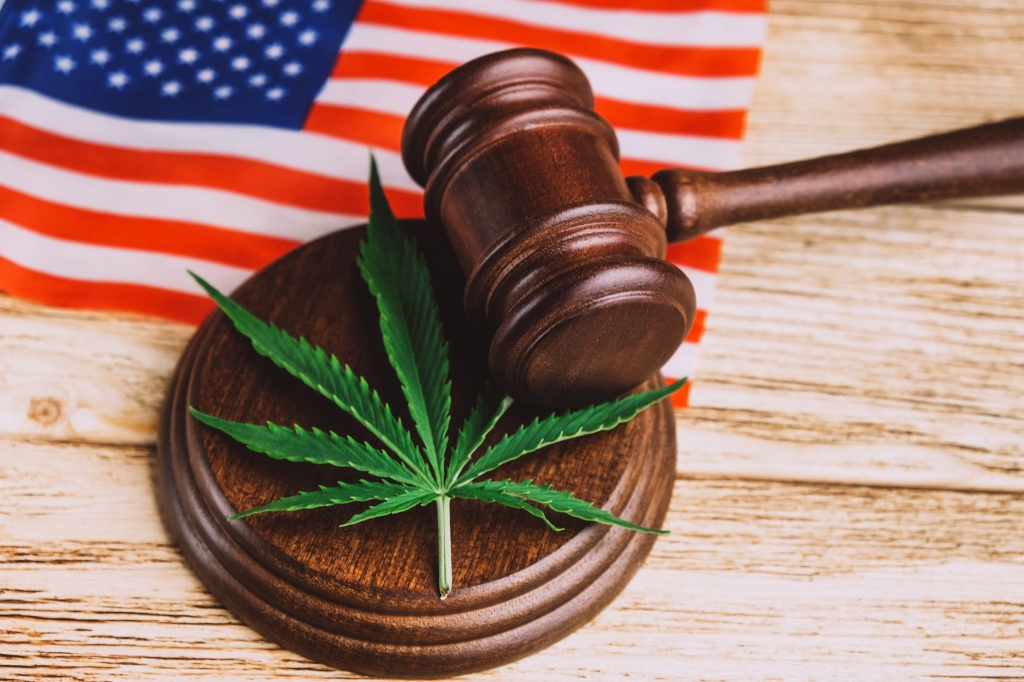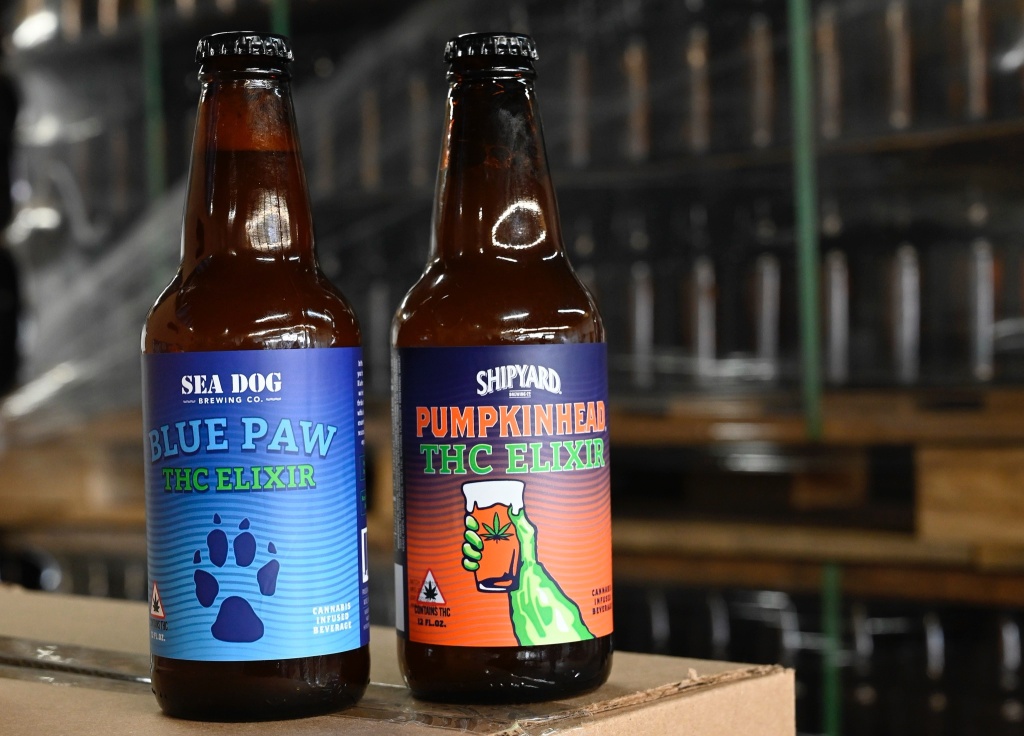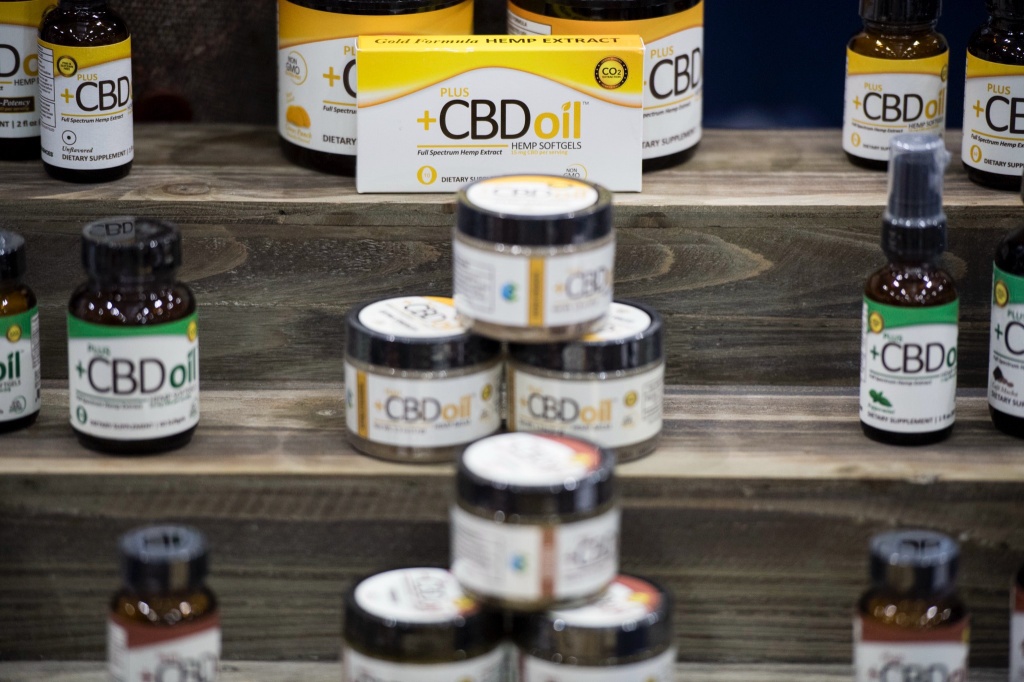‘They’re lying’: deal to reopen government could doom hemp

The government shutdown has affected Americans across the board, from travel to food security. As Congress scrambles for a resolution, one unexpected issue has emerged as a major flashpoint: hemp. Lawmakers may have struck a deal to end the standoff—but it could come at the hemp industry’s expense.
“Senate leadership has sacrificed the hemp industry in a deal to reopen the government,” said Jim Higdon, founder of Cornbread Hemp, in a statement sent to GreenState.
RELATED: These states want to make weed illegal again
The 2018 Farm Bill legalized hemp nationwide, so long as it contained no more than 0.3 percent THC by dry weight. That definition opened the door for intoxicating hemp products like THC drinks, delta-8 vapes, and THCA flower. A number of states have banned these products outright, while others regulate them much like cannabis.

The new federal language would be far more restrictive. Tucked into a broader spending bill from the Senate Appropriations Committee that’s part of the larger deal to reopen the government, the measure would ban the production and sale of intoxicating hemp products. Industry advocates point the finger at Senator Mitch McConnell, once a vocal advocate of hemp.
“This was done at the request of Sen. Mitch McConnell and the bourbon industry. The bourbon industry has ‘applauded’ McConnell’s efforts through their trade association, DISCUS, and have donated generously to McConnell’s legacy projects like his building fund for the Republican Party of Kentucky headquarters,” Hidgon argued.
In a previous committee meeting, McConnell reportedly said the measure “takes us back to the original intent of the 2018 Farm Bill.” He admitted the legislation had “unintended consequences,” specifically the sale and production of unregulated intoxicating hemp-derived products.
Industry leaders sound the alarm
Under the measure, states could still regulate hemp locally, but the current national market, built on interstate commerce and direct-to-consumer sales, would disappear. And, despite what the government says, CBD could go with it.
Legislators contend the bill protects non-intoxicating products like CBD and industrial hemp. But industry advocates claim 95 percent of hemp products on the market would be banned. Why? A new federal limit of 0.4 milligrams of THC per package, eliminating the 0.3 percent THC by dry weight threshold.
“The folks that are pushing this language are saying they’re protecting non-intoxicating CBD, but they are very much not doing so—they’re lying,” said Jonathan Miller, general counsel of the U.S. Hemp Roundtable.
RELATED: Death threats over cannabis bill shake lawmaker
Miller added that most commercially available CBD products exceed the new THC threshold. He told GreenState his mother takes a full-spectrum tincture for sleep and pain relief; each serving contains a trace of THC, but the bottle as a whole would be far above the proposed limit.
“This [bill] would be making my mom a federal criminal if she were to use this product, and that’s what’s so frustrating,” Miller lamented.

The hemp-ire strikes back
Even if the bill passes, there’s still hope for hemp. Miller noted it wouldn’t take effect right away, giving the industry time to fight back.
“The silver lining is that they built in a year delay, which buys us a year to try to fix this,” he explained.
Thomas Winstanley, executive vice president of online hemp products retailer Edibles.com, told GreenState the “war for hemp” is only just beginning and that the battle will rage long after the government re-opens.
“I don’t think Donald Trump is going to take kindly to Mitch McConnell undoing a $28 billion industry that Donald Trump signed into law,” Winstanley said of the hemp measure. “I think in the next few months, there’s going to be a lot of backlash around the actions that have been taken.”
RELATED: Can you smoke weed and own a gun? The Supreme Court may soon decide
Winstanley is hopeful that common-sense regulation can be implemented, avoiding a flat-out ban. He argues that industry stakeholders have long wanted defined rules around hemp and that federal prohibition will only embolden the very people the government is trying to eliminate—specifically, those creating potent, synthesized cannabinoids like THC-P.
“These products are not going to disappear. The only way to get rid of the bad actors, which we are all philosophically aligned on, is through regulation,” Winstanley said.
Winstanley added there’s renewed motivation among industry stakeholders to mobilize.
“This is not the end of the discussion. Our backs are against the wall, and it’s time for us to all show up,” he concluded.
